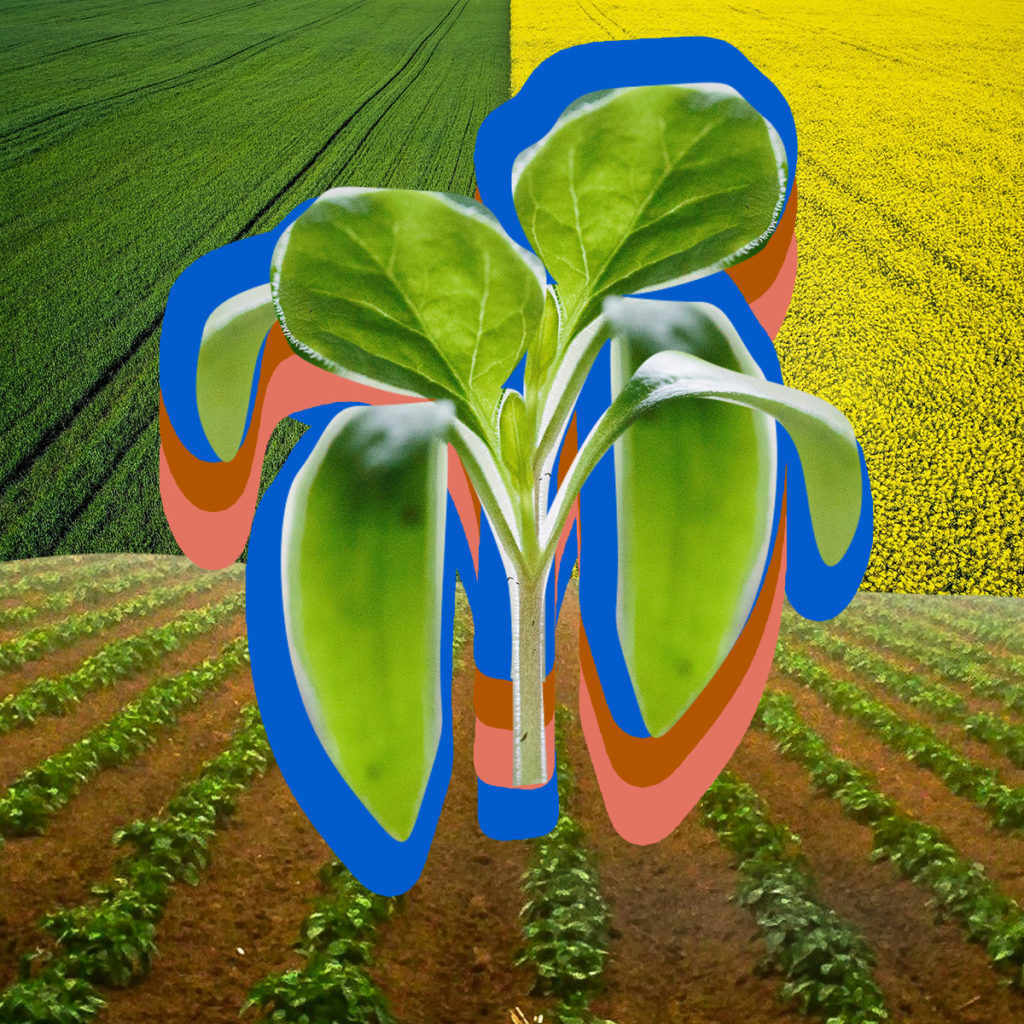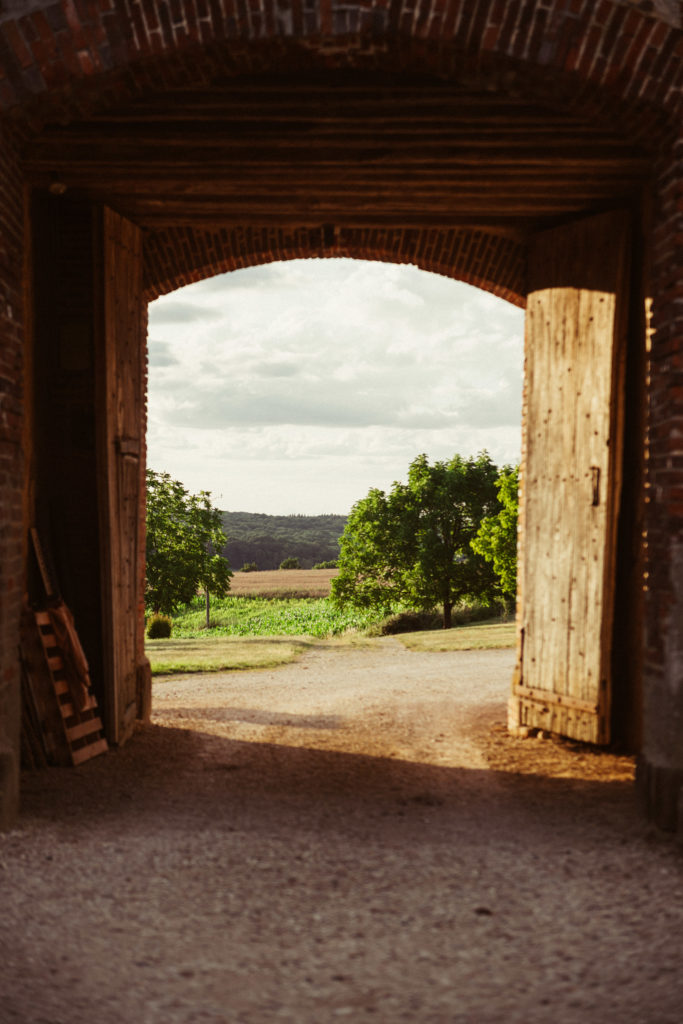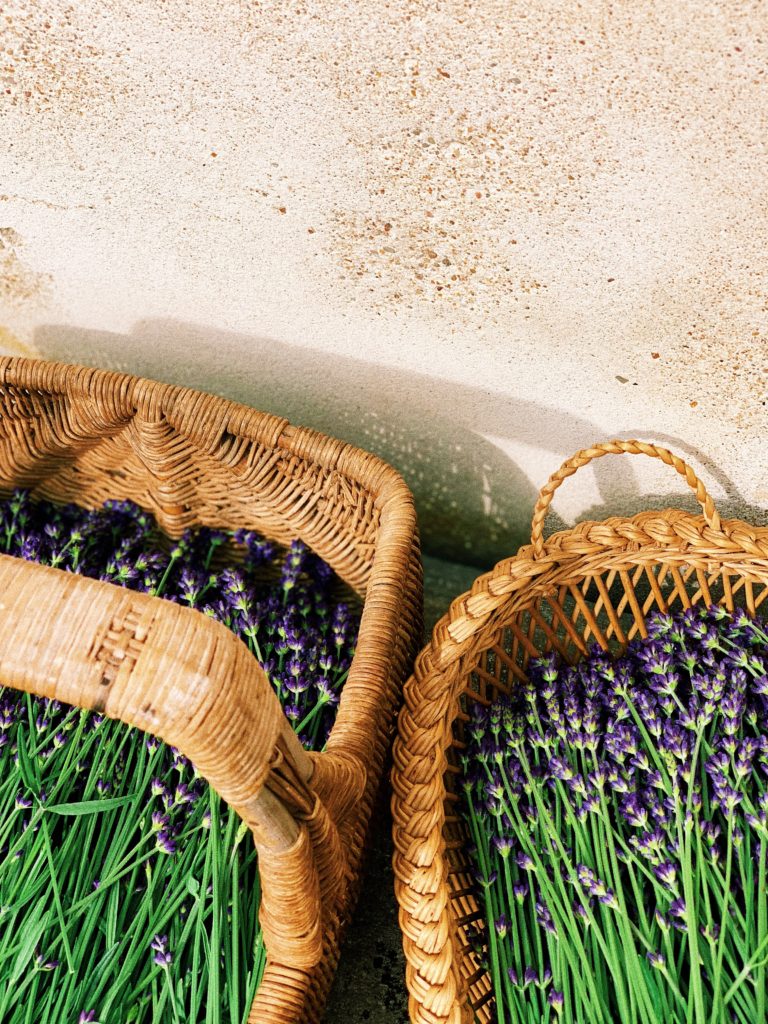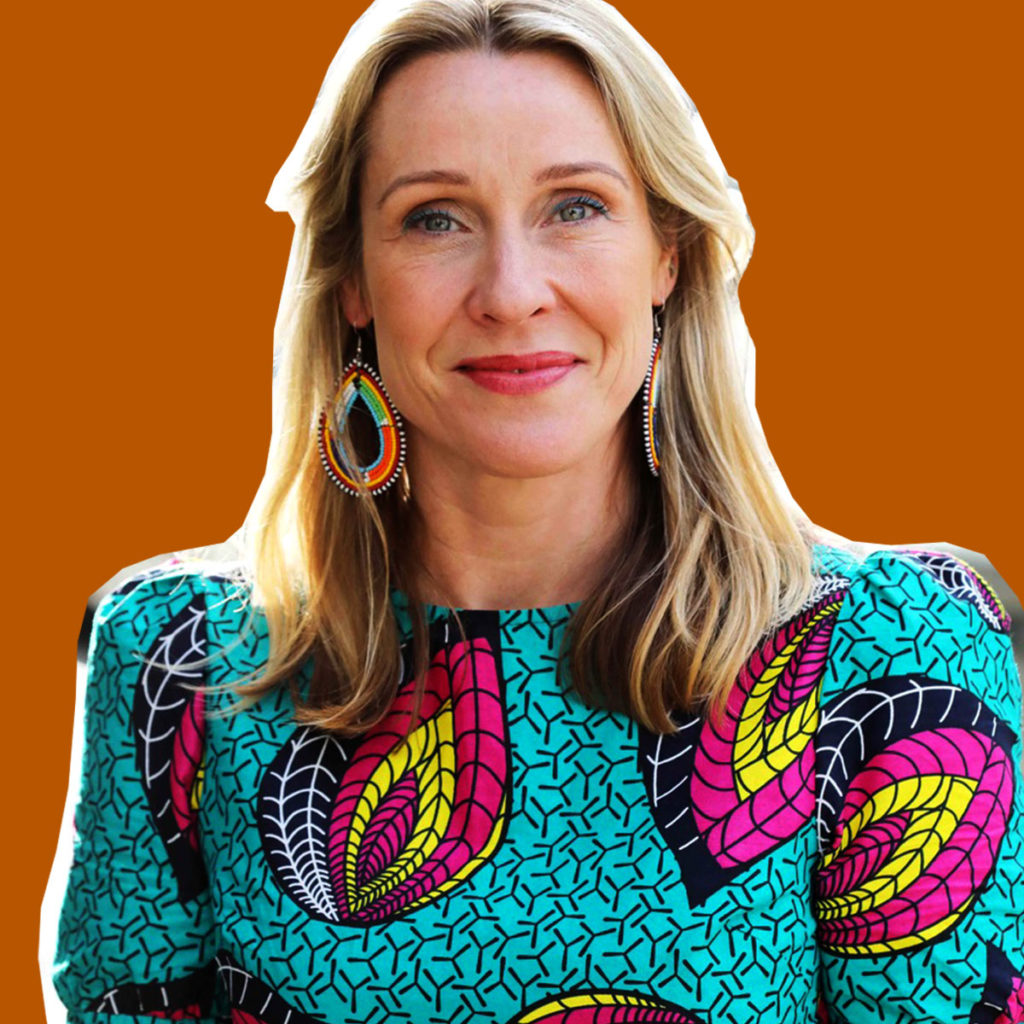
Enough Chemical-Laden Agriculture
Sustainable is out. Regenerative is in. Or is it?
The principles of regenerative agriculture, which have become very popular today, actually date back to the early 1900s — and probably pre-date that as well, since they argue for a holistic approach to farming, much like the biodynamic movement.
So why is everyone buzzing about regenerative farming now?
Because we’ve spent the last six decades doing industrial farming, which requires farmers to buy seeds, fertilizers, pesticides, and more. Previously, farming included harvesting seeds from plants, using local, organic material for fertilizers (aka well-rotted manure and bio-waste), and clever pest control (ladybugs are a popular antidote to pesky aphids).
But then farming would be a low-cost activity. And that wouldn’t suit capitalism. Turns out, this type of farming doesn’t suit nature either. Soils run out of nutrients after being overworked by just one crop. Monolithic farms have little diversity, and thus are prone to disease and pests. However, this system thrives on selling agricultural products.

Courtesy of Maison/Made
With this (albeit seemingly obvious) reawakening, brands are turning to regenerative agriculture as the new holy grail. It encourages cover cropping, thereby keeping soils rich, fed, and moist. It advocates for a diversity of crops, rather than just relying on one cash crop or commodity. It loves animals, encouraging farmers to keep livestock on the land so they can poop over the soils, and graze through overgrowth. Lastly, it argues that most of the components of farming should come from the farm and surrounding areas itself. So no mass-produced organic fertilizers, ideally.
Adrien de Bontin, founder of new certified biodynamic skincare line Maison/Made, is already on board — and has been for a while. He says it all sounds eerily similar to biodynamic agriculture, which was developed in 1924 by Rudolf Steiner, an Austrian philosopher, farmer, and writer. Demeter, the organization that certifies farms as biodynamic, has a strong following in the wine industry, but has struggled to spread its wings beyond viticulture.
“I’m very concerned that regenerative is going to become the next victim to greenwashing,” says de Bontin.
The Frenchman now straddles between the US and France, but was born into an agricultural family that has more than 800 acres of land in rural Burgundy. Though much of it is woodland, he assures me, some of it is cultivated. And he’s just assigned an acre to medicinal herbs that feature in Maison/Made’s collection.
De Bontin, though, grew up aware of the biodynamic farming tradition. His aunt practiced it for over 30 years. As a result, Maison/Made grows lavender, chamomile, dandelion, comfrey, echinacea, elder, calendula, yarrow, nettle, and more (on average 40 in total) for their collection. The rest they source from other certified biodynamic farms, namely in Europe or in upstate New York.
With so many certifications at the beck and call of entrepreneurs (and growers), de Bontin could have settled on simply organic. But he pursued biodynamic because he felt it was far more encompassing.
“You can have an organic field next to a conventional one, and it’s just that field that’s organic. Whereas in biodynamic, the whole ecosystem has to work, the whole farm is certified biodynamic.”
Regenerative, the latest entry into the mix, can mean many different things. Labels that read “regeneratively grown,” de Bontin says, don’t really mean much. Thus, he chose the certified route.
“Biodynamic is the OG of regenerative ag. Biodynamic is always regenerative, but regenerative is not always biodynamic,” he clarifies.

Courtesy of Maison/Made
The regenerative organic certification, on the other hand, pioneered by Dr. Bronner’s, Patagonia, and The Rodale Institute, builds off of existing certifications—namely organic and fair-trade—mixing environmental goals with social impact as well. In an effort to clear up the confusion around what exactly is “regenerative,” these brands decided to spearhead a certification in the face of potential greenwashing.
Because Maison/Made sources from farmers they know personally, de Bontin says that biodynamic was more important to him. “If we were working like other beauty brands that partner with a lab or manufacturer, and don’t know where the ingredients are coming from, the social ethics would be worth looking at.”
While de Bontin may be rallying for biodynamic ag over the open-ended reference to regenerative, he’s more interested in the nitty-gritty details. It’s more a question of what exactly is happening on the farms–and how is that capturing carbon, giving life to more microorganisms in the soil, and supporting the biodiversity nearby. Basically, read the fine print.
In fact, de Bontin put the biodynamic concoctions to the test, experimenting with an organic compost pile and a biodynamic compost pile. The latter, he says, performed better. That’s why he’s a believer in it — even when those around him may not be.
“Biodynamic, for example, is an accepted style of farming here in the Burgundy region. But we did have folks who told us that it was a waste of time, or not worth the additional effort. People find the preparations behind biodynamic a bit odd, but any farmer or gardener will tell you that soil is the priority. That’s why we’re certified biodynamic, not biodynamically-grown. Rejuvenation of soil is a beautiful thing and we’re proud of that.”
As more brands tout their regenerative agenda, it may be worthwhile to revisit something that’s already been in the works for decades — the biodynamic tradition, as Maison/Made is doing. Or then, be that savvy consumer, and ask, “what does regenerative really mean here?”
Being nosy isn’t always a bad thing.




